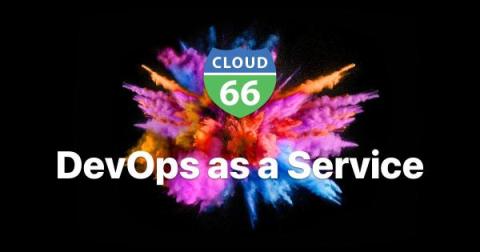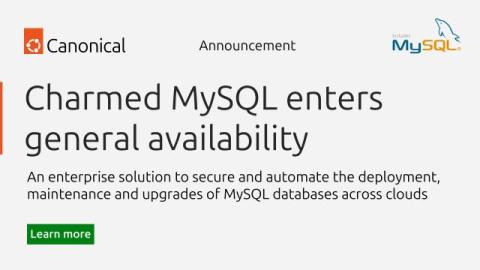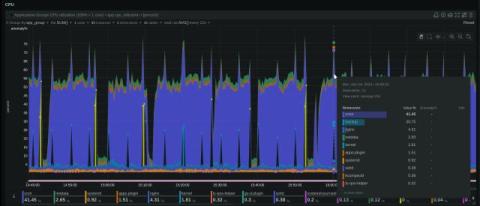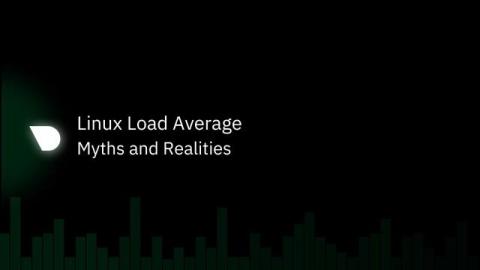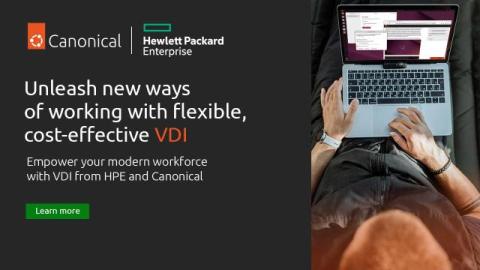Navigating multi-cloud database deployments with MySQL for maximum uptime
Public cloud providers offer convenient services for database deployments. However, depending solely on a single provider’s database-as-a-service can result in vendor lock-in and reduce your system’s resilience against widespread outages affecting the provider. Instead, explore our approach to deploying MySQL across multiple clouds. A multi-cloud database strategy enables you to retain control of your infrastructure while enhancing overall resiliency and leveraging the unique strengths of each cloud provider.



